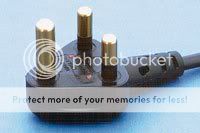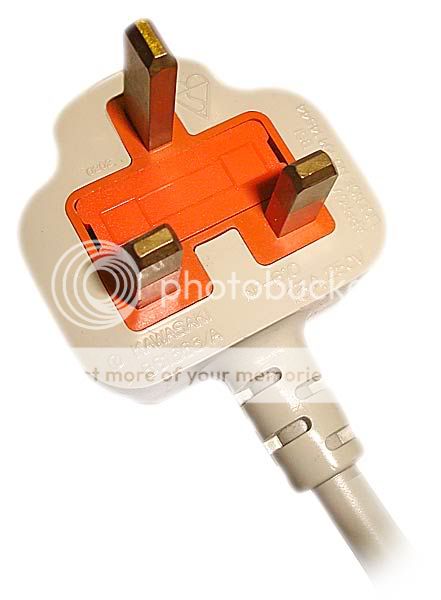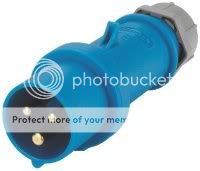GlasgowPSB
Member
My theatre society recently purchased lights, some of which are normal british plugs and others are the 3 pins.
The lights will only be used when we are in venues that have no lighting so we think it will be best to change them all to british plugs, however I think this would then cause problems with lighting boards.
(although we do not yet have a lighting board and it is unlikely one will be purchased at this point)
I was thinking however that we could invest in extension plugs that use remote controls to switch on and off.
I wanted to know how I would go about changing the plugs to normal british plugs and if I would be able to make the conversion myself with no prior knowledge.
Thanks.
The lights will only be used when we are in venues that have no lighting so we think it will be best to change them all to british plugs, however I think this would then cause problems with lighting boards.
(although we do not yet have a lighting board and it is unlikely one will be purchased at this point)
I was thinking however that we could invest in extension plugs that use remote controls to switch on and off.
I wanted to know how I would go about changing the plugs to normal british plugs and if I would be able to make the conversion myself with no prior knowledge.
Thanks.





